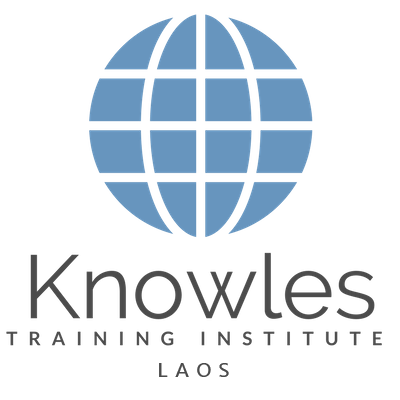Skip to content
LinkingIntern1bksiuevej76kHhK2023-07-17T14:25:29+08:00
Linking
Linking Strategies for Optimal Memory: Unlocking the Power of Information Connections
- Associative Framework: Linking information involves establishing an associative framework. By creating connections and associations between related concepts, individuals enhance memory encoding and retrieval.
- Conceptual Synthesis: Linking information through conceptual synthesis aids memory consolidation. By synthesizing related ideas into a cohesive framework, individuals strengthen memory connections and facilitate recall.
- Situational Linking: Linking information to specific situations enhances memory retrieval. By associating concepts with particular contexts or scenarios, individuals create contextual cues that improve recall.
- Adaptive Linking Approaches: Linking information requires adapting the linking approaches to individual learning styles or the characteristics of the information. By customizing the strategy, individuals optimize memory encoding and retrieval.
- Comparative Linkages: Linking information through comparative linkages improves memory retention. By drawing comparisons between related concepts, individuals establish distinctive associations that aid in recall.
- Context-Dependent Retrieval: Linking information enables context-dependent retrieval. By linking concepts to specific environmental cues or contextual elements, individuals enhance memory recall by recreating the original encoding context.
- Interactive Diagrams: Linking information through interactive diagrams enhances memory encoding. By visually representing the connections between concepts and engaging with interactive elements, individuals facilitate memory consolidation and retrieval.
- Sequential Associations: Linking information through sequential associations supports memory organization. By establishing a logical order or sequence between concepts, individuals create a mental framework that aids in recall.
- Reflective Linking Strategies: Linking information through reflective linking strategies promotes metacognition. By actively reflecting on the connections between concepts and monitoring their understanding, individuals strengthen memory encoding and retrieval.
- Application and Transferability: Linking information facilitates knowledge application and transfer. By linking concepts to real-life contexts or practical applications, individuals enhance memory retention and the ability to utilize knowledge effectively.
Page load link


